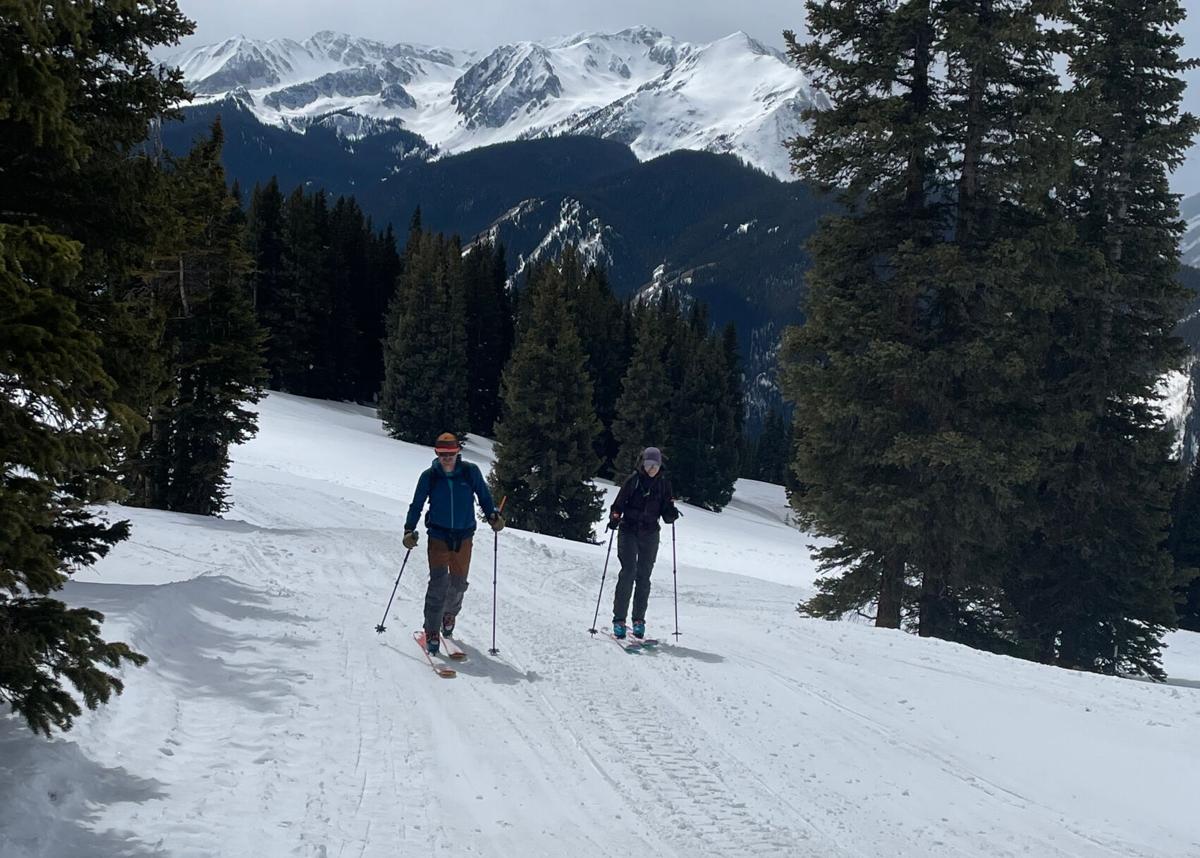

Pitkin County commissioners were prepared Tuesday to pass a moratorium prohibiting short-term rentals of backcountry cabins in the unique Rural and Remote zoning areas, but they were able to stand down when statewide legislation fizzled.
The commissioners were scheduled to pass an emergency ordinance in reaction to a bill sponsored by Rep. Judy Amabile, D-Boulder, and other legislators. However, Senate Bill 213 was unanimously rejected on Saturday evening by the House State, Military and Veterans Affairs Committee at the request of Amabile, the Colorado Sun reported.
The rejection came after Pitkin, Eagle and other mountain counties in Colorado lobbied aggressively against it.
“Quite a large coalition of local governments and hut associations and search-and-rescue and sheriffs came together in opposition to the bill,” said Pitkin County Commissioner Kelly McNicholas Kury, who took the lead in action against the bill for Pitkin County. “We were doing a lot of work last week to shore up ‘no’ votes on the committee.”
The state government gave counties the licensing power for regulating short-term rentals in 2020, she noted. Pitkin County crafted rules for unincorporated areas in June 2022 after numerous public meetings.
Last year, the commissioners decided to ban short-term rentals outright in areas zoned Rural and Remote, where development is limited to 1,000-square-foot cabins that aren’t served by utilities. Rural and Remote areas include the back of Aspen Mountain and Richmond Ridge, where the cabins have nevertheless become multimillion-dollar enclaves.
McNicholas Kury said the bill would have chipped away at the licensing authority of mountain counties to regulate some short-term rentals, if passed. So the county was prepared to pass a moratorium prohibiting short-term rentals and then it would have worked on zoning changes to make the prohibition permanent.
“(The bill) would have created a huge loophole because it would have specifically exempted huts and cabins that have some recreational use, which was undefined,” she said. “The only tool we would have had left was to explicitly zone out the use. The moratorium would have prevented any new use from coming online as soon as the bill would have gone into effect. We wanted to act quickly to prevent any of the cabins in Rural and Remote from starting to do any short-term rental activity. They would have been grandfathered in before our zoning change.”
She noted that the 10th Mountain Hut Association and Fred Braun Hut System were exempt from the county’s STR regulations because they have a different use centered around ski touring and must go through a federal permit process.
Greg Poschman, chair of the Pitkin County commissioners, credited the “frenzied letter campaign” by the counties for helping sway the legislature on the broader backcountry STR issue.
Pitkin County sent a letter to House Speaker Julie McCluskie to “strongly oppose” Senate Bill 213.
“This was a late bill, with little/no stakeholder engagement,” the letter said. “The broadly written language threatens to allow numerous residential structures to function as [STRs] without conforming to local regulations.”
The letter continued to say there was overwhelming support among residents of Pitkin County to prohibit short-term rentals in backcountry areas. The commissioners saw it as an incompatible use in rural areas and also had concerns about the ability to provide emergency services to secluded areas.
Eagle County also sent letters to McCluskie, Amabile and Minority Leader Rose Pugliese expressing “grave concern” about the proposed legislation.
“Local land use authority is how local communities work collectively to serve the greatest interest of our entire community,” said the letter authorized by Eagle County commissioners. “Without that authority, individual interests will likely supersede the collective interest of the backcountry experience — textbook ‘tragedy of the commons.’"
Poschman noted that the bill was tabled indefinitely but could conceivably be resurrected in a future session. “We don’t have to do anything now,” he said, but the counties must keep an eye open in future sessions.